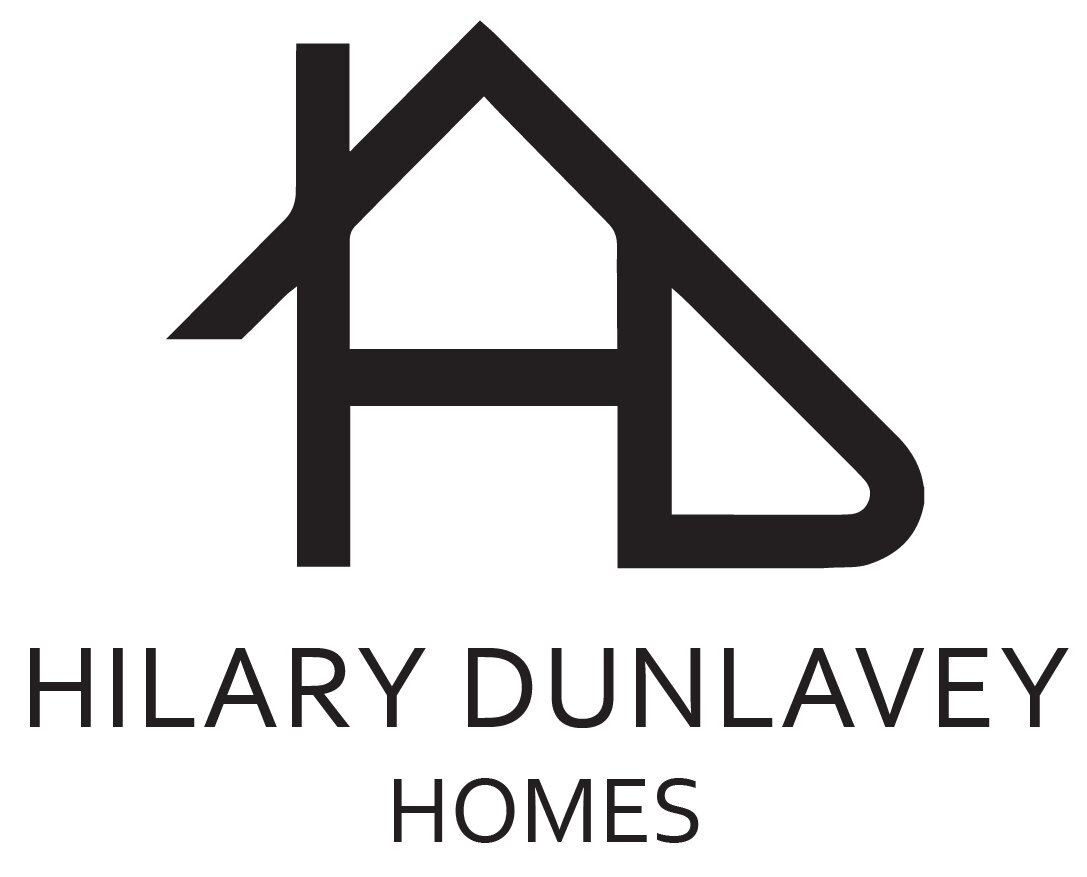Tax consequences when selling an inherited house in Boston: For many, inheriting a house in Greater Boston can be a walking paradox to experience: overnight, you are left with property of sizable value you can use to improve your life while still also processing and mourning the loss of a loved one. For those who are pondering the next best move to make in this situation, understanding the tax consequences when selling an inherited property can absolutely inform your ultimate decision on how to handle the property itself. Thankfully, tax laws have been designed in such a way not add additional burden upon the person inheriting the property. Typically, the financial consequences are less daunting than what you would expect, which is good news for you.
When you inherit a home, it can feel like a mixed blessing. On one hand, you have acquired a valuable asset that could potentially enhance your life. On the other hand, you are also coping with the emotional impact of losing a loved one. If you find yourself in this situation and are considering selling the inherited property in Boston, it is crucial to understand the tax implications. Being aware of the tax consequences can play a significant role in determining the best course of action regarding the property. Fortunately, tax laws are structured to minimize the financial impact on the individual inheriting the property. In most cases, the tax implications are not as overwhelming as one might anticipate, which is a positive outcome for you.

Tax Consequences when selling a house I inherited in Boston, Massachusetts
Understanding Basis Calculation in Inherited Homes
When inheriting a property, understanding how basis is calculated is crucial for tax purposes. Basis refers to the asset cost used to calculate capital gains and other taxes. Upon a person’s passing, the basis of their property in Boston is adjusted to the market value at the time of death. For example, if a property was purchased 20 years ago for $25,000 but was valued at $100,000 upon the owner’s death, the property’s basis for capital gains tax purposes would be the latter amount.
Tax Implications of Gains and Losses
Capital gains and losses are the profits or deficits generated from the sale of assets used for personal or investment purposes, such as real estate properties and furniture. When you sell an inherited home in Boston, the transaction is considered a capital gain or loss concerning income tax. To qualify for reduced rates on long-term capital gains, the property must typically be held for at least one year. Regardless of how long you’ve owned the inherited property, any resulting gain or loss will be treated as a long-term capital gain.
Reporting the sale
When selling a home that you have inherited, it’s important to be aware of the tax implications. You must calculate the capital gain or loss by subtracting the basis from the sale amount and report this to the appropriate tax authorities.
Dealing with an inherited home can be overwhelming, especially when it comes to managing a new property and handling tax obligations. The first step in selling your inherited home in Boston is to navigate through the probate process. Once approved by the court, you can proceed with the sale. If there are other heirs involved, it’s crucial to reach a consensus before petitioning the court for permission to sell the property.
Understanding the tax implications of the sale is essential. The taxes you owe will be based on the capital gains or losses from the property sale. Reach out to Hilary Dunlavey Homes at 617.646.9334 for expert guidance on smoothly and legally selling your inherited home in Boston Massachusetts. Our local expertise in the Boston market ensures a seamless transaction. If you have questions about the tax implications of selling an inherited property in Boston and it’s surrounding areas, we are here to provide detailed insights.
Selling an inherited property can alleviate a significant burden. Opting to sell to an investor streamlines the process, making it quick and straightforward. For inquiries on selling your home in Boston, feel free to reach out to us for assistance.
